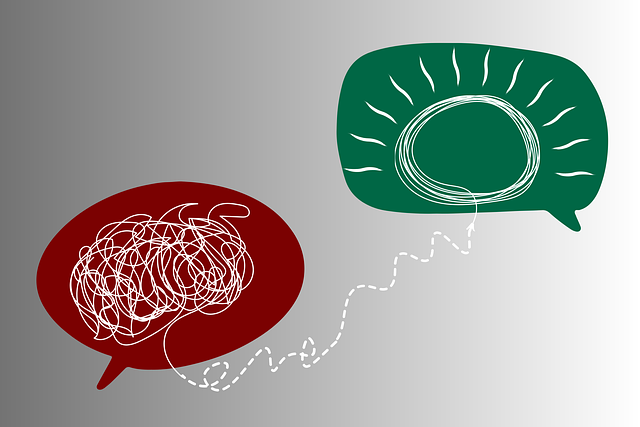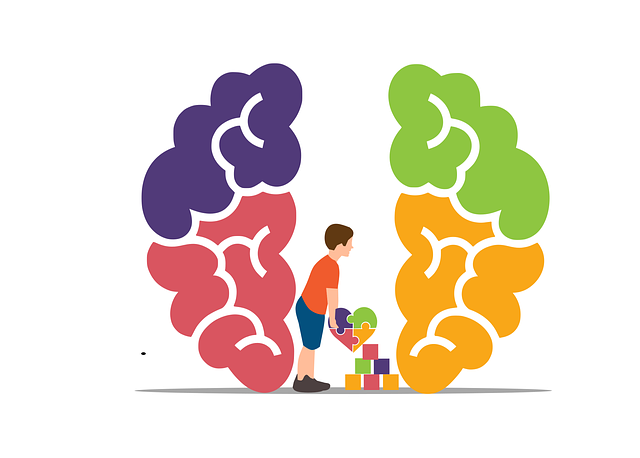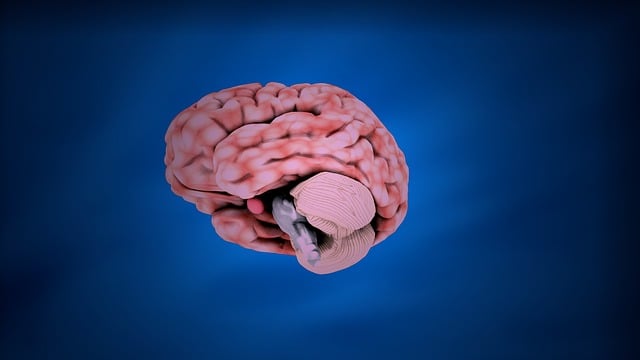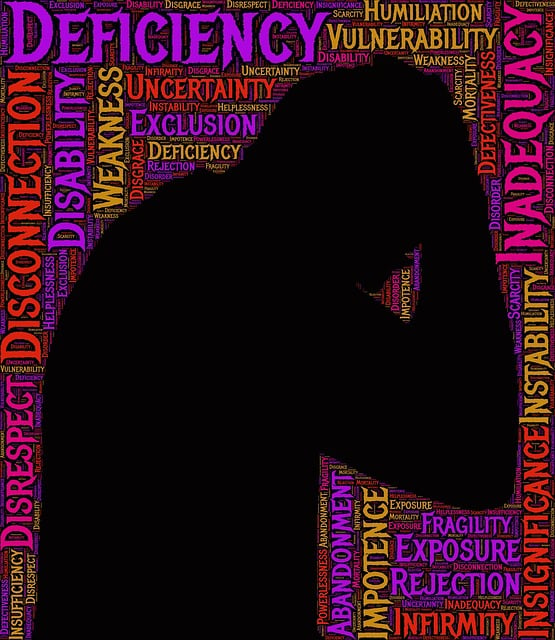Wheat Ridge Trauma Therapy offers specialized programs for individuals with mental health conditions, focusing on building social skills and confidence using evidence-based techniques like conflict resolution. Their Mental Health Education Programs enhance communication, interpret social cues, and form meaningful connections, fostering a sense of belonging and supporting recovery. By addressing anxiety, depression, PTSD, and personality disorders, Wheat Ridge Trauma Therapy creates safe environments for learning and growth, integrating risk management and burnout prevention strategies to ensure well-being. Social skills training equips individuals to navigate social interactions effectively, promoting mental health awareness, resilience building, and improved wellness outcomes.
Social skills, essential for navigating daily life, can often be challenging for individuals with mental health conditions. This article delves into the significance of social skills training as a therapeutic tool, exploring its impact on mental well-being. We examine various mental health conditions and their unique social challenges, highlighting the role of Wheat Ridge Trauma Therapy in offering specialized programs. Through real-world examples, we demonstrate the power of these strategies, providing insights into improved social interactions and enhanced lives for those seeking support.
- Understanding Social Skills and Their Impact on Mental Health
- Identifying Challenges: Social Interactions and Mental Health Conditions
- The Role of Wheat Ridge Trauma Therapy in Social Skills Training
- Strategies for Effective Social Skills Development
- Real-World Applications: Success Stories and Future Prospects
Understanding Social Skills and Their Impact on Mental Health

Social skills are a crucial aspect of our daily lives, influencing how we interact with others and manage relationships. For individuals living with mental health conditions, understanding and developing these skills can significantly impact their overall well-being. Many mental health challenges can make social interactions difficult, leading to feelings of isolation and exacerbating symptoms.
At Wheat Ridge Trauma Therapy, we recognize that teaching social skills is a vital component of holistic mental health care. Our specialized programs focus on helping clients navigate social situations with confidence, using evidence-based techniques such as conflict resolution strategies. By participating in Mental Health Education Programs designed to enhance social competencies, individuals can improve their ability to communicate effectively, interpret social cues, and build meaningful connections. This, in turn, fosters a sense of belonging and supports recovery journey. Additionally, our professionals conduct thorough risk assessments to ensure a safe and supportive environment for learning and growth.
Identifying Challenges: Social Interactions and Mental Health Conditions

Many individuals facing mental health conditions struggle with social interactions due to various challenges. These can range from anxiety and depression affecting communication skills, to post-traumatic stress disorder (PTSD) impeding the ability to engage in group settings or maintain eye contact during conversations. In some cases, personality disorders may lead to difficulties interpreting social cues or forming meaningful connections. Navigating these complexities is crucial for individuals seeking support through Wheat Ridge Trauma Therapy and similar programs focused on recovery.
Self-awareness exercises and self-esteem improvement strategies play a pivotal role in addressing these challenges. By participating in activities that foster introspection, individuals gain insights into their triggers and strengths. This increased self-understanding allows them to better manage social situations, reduce anxiety, and build confidence. Additionally, mental illness stigma reduction efforts are integral to creating supportive environments where people feel comfortable expressing themselves without fear of judgment, enabling more effective participation in therapy and skill development.
The Role of Wheat Ridge Trauma Therapy in Social Skills Training

Wheat Ridge Trauma Therapy offers specialized programs focused on social skills training, catering to individuals with mental health conditions who struggle in social interactions. Their approach leverages evidence-based techniques tailored to address trauma and emotional regulation challenges often associated with various mental health disorders. By fostering a safe and supportive environment, clients develop essential social competencies, enhancing their ability to navigate relationships and daily life effectively.
Incorporating elements from Risk Management Planning for Mental Health Professionals and Burnout Prevention Strategies for Healthcare Providers, Wheat Ridge Trauma Therapy ensures the well-being of both clients and therapists. Through rigorous training in emotional regulation strategies, practitioners equip themselves to handle complex scenarios while providing compassionate care. This holistic approach not only facilitates social growth but also promotes resilience, enabling individuals to thrive despite their mental health challenges.
Strategies for Effective Social Skills Development

Social skills training is a powerful tool for individuals navigating mental health conditions, offering strategies to enhance their interactions and overall well-being. At Wheat Ridge Trauma Therapy, therapists emphasize the importance of practical techniques in fostering meaningful connections. One effective approach involves role-playing scenarios that allow clients to practice social cues, improving their comfort during real-life conversations. By simulating various social situations, individuals can build resilience and learn to manage anxiety or stress responses.
Additionally, group therapy sessions facilitate social skills development through peer interactions. These settings encourage the exchange of experiences, provide a safe space for feedback, and promote the adoption of healthy communication patterns. Integrating these strategies into a comprehensive mental health plan contributes to Mental Health Awareness, enhances Resilience Building, and ultimately supports individuals in their pursuit of improved Mental Wellness Podcast Series Production.
Real-World Applications: Success Stories and Future Prospects

Social skills training has proven to be a powerful tool in enhancing mental health and well-being, with numerous success stories across various real-world applications. Wheat Ridge Trauma Therapy, for instance, has pioneered innovative programs that combine therapy with practical social skill development, showing remarkable outcomes in treating individuals with trauma and anxiety disorders. These approaches often involve group sessions, role-playing scenarios, and mentorship programs, allowing participants to practice and refine their interpersonal abilities in a safe environment.
Looking ahead, the future of mental health care promises even more integration of social skills training into mainstream treatment protocols. With ongoing research and development in Mental Wellness Coaching Programs, professionals are equipped with enhanced tools for mood management. Additionally, risk assessment techniques play a crucial role in ensuring the safety of both clients and therapists, as evidenced by the growing importance of these assessments in mental health professional training. This holistic approach to care not only improves individual outcomes but also contributes to building stronger, more connected communities.
Social skills training, particularly through specialized programs like Wheat Ridge Trauma Therapy, plays a pivotal role in improving mental health outcomes. By addressing specific challenges associated with social interactions, individuals can develop essential coping mechanisms and enhance their overall well-being. The strategies outlined in this article offer a comprehensive roadmap for effective social skills development, while real-world success stories highlight the transformative potential of such interventions. As we look to the future, continued research and integration of these practices into mental health care promise even greater advancements in supporting individuals navigating various mental health conditions.














